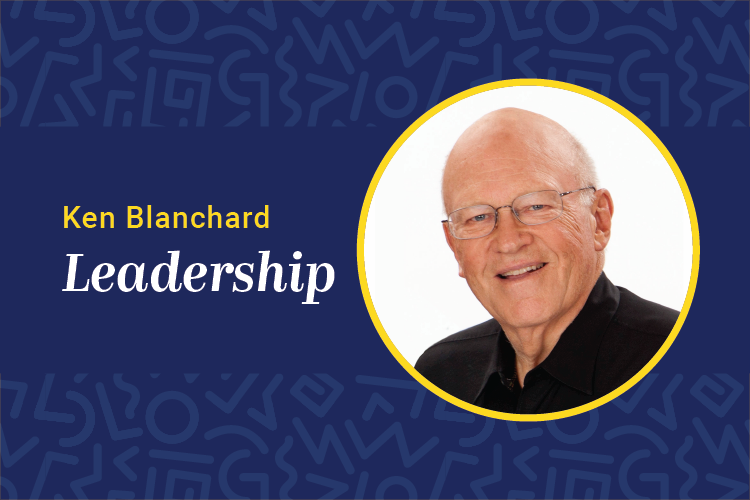 The erosion of ethics in leadership is, unfortunately, a perennial issue. In business, countless executives have made billions by falsifying financial documents, trading insider information, evading taxes, committing insurance fraud, and a host of other crimes. In government, hardly a day goes by without some public official being involved in an ethical dilemma on Capitol Hill. In education, cheating scandals by both students and parents have made recent headlines.
The erosion of ethics in leadership is, unfortunately, a perennial issue. In business, countless executives have made billions by falsifying financial documents, trading insider information, evading taxes, committing insurance fraud, and a host of other crimes. In government, hardly a day goes by without some public official being involved in an ethical dilemma on Capitol Hill. In education, cheating scandals by both students and parents have made recent headlines.
Thirty-two years ago, Norman Vincent Peale and I published “The Power of Ethical Management,” a book that contends: An ethical leader is a winning leader.
I believe this today more than ever. Norman and I shaped our thinking around what we called The Five P’s of Ethical Power: purpose, pride, patience, persistence and perspective. As we head into 2021, I think these five keys to ethical leadership are worth reviewing.
Purpose: A high calling. Unlike a goal, a purpose is something you never really finish; it’s an ongoing mission you have for yourself. For example, making money is a goal you can strive for; improving the lives of others is a purpose. A personal purpose statement reflects your ideals and values. It reveals who you are, what you want to do and why you want to do it.
Pride: Healthy self-esteem. To hold to your purpose, you must have healthy pride — a realistic and positive opinion about your abilities and limitations. Some people have too much or too little pride. People with too much pride — what I call false pride — think they are the most important person in the room. If there’s a hard choice between an ethical decision and an unethical decision that will protect their ego, they go with the unethical decision. People with too little pride — what I call self-doubt — don’t trust their own judgment and are driven by a desire to be liked. It can be difficult for these people to be morally strong because they have trouble standing up to pressure from others. When you have healthy pride, you have the strength to do what you know is right, even when your ego might suffer or you feel pressure to do the wrong thing.
Patience: A question of faith. Once you have a clear purpose and a healthy sense of pride, you need to cultivate patience — the capacity to accept setbacks and tolerate disappointments without acting rashly or compromising your values. Here’s where positive thinking comes in. When you believe that you can handle whatever comes your way — even bad news — you are able to endure hardships with patience, knowing that “this too shall pass.”
Persistence: Practicing ethical behavior full time. Being an ethical leader means behaving ethically all the time, not just when it’s convenient. In fact, you pass the test of moral leadership every time you act ethically when it is inconvenient or unpopular to do so. Don’t be one of those people who say, “I try to do the right thing.” Trying is just a noisy way of not doing something. Make a conscious commitment to your personal mission by affirming, “I live by my purpose and values.” Sure, you’ll fall short sometimes — we all do — but you’ll hit the mark more often than if you merely “try.”
Perspective: Seeing what’s really important. Above all, ethical leaders have perspective — the ability to step back and view situations from a big picture point-of-view. This can be tough to do — especially today, with the pressures created by increased competition in the global economy and constantly evolving technology — not to mention a worldwide pandemic.
One way to maintain perspective is to enter your day slowly with gentle exercise, inspirational reading, meditating or journaling. This puts your task-oriented self on hold and gives your inner, reflective self time to wake up. For example, I read a booklet of favorite inspirational quotes in the morning. This practice takes only a few minutes and helps me start my day with a positive perspective. When I begin each morning this way, it’s easier to let my purpose and values guide my priorities and behavior for the rest of the day.
In the long run, leaders with integrity succeed far more often than those who operate without ethics. Even in the short term, leaders who choose to do the right thing rather than succeed at any cost are winners.
Nice guys may appear to finish last, but usually they are running a different race.














